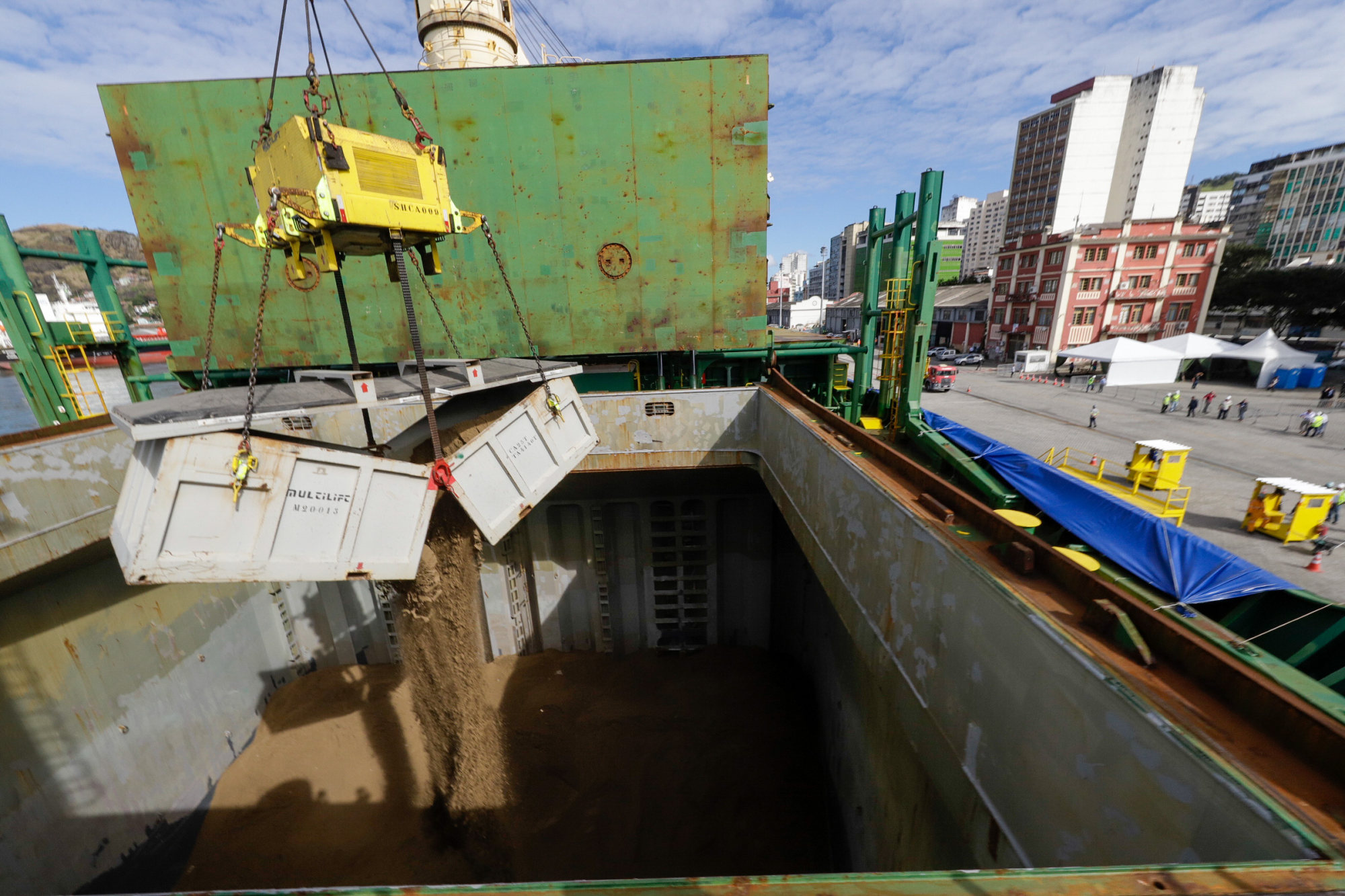
Chinese investment in Brazil hits 13-year low after economic slowdown, regulatory hurdles: report
- Beijing’s shift in strategy behind 78 per cent reduction and Argentina edging the Latin American giant for first time, but carmakers among the bullish
- Cooling sentiment towards China also cited as country faces low liquidity in domestic economy and ‘urgent need to balance provincial debt’
Beijing’s outlay in 2022 plummeted to a 13-year low of US$1.3 billion, pushing the country to ninth globally in Chinese foreign investment, according to findings published on Tuesday by the non-profit China-Brazil Business Council (CBBC).
Experts pointed to multiple factors for the nearly 78 per cent reduction.
In mining investments, totalling an estimated US$2 billion, requirements for environmental impact assessments translated into a lack of permits to carry out projects, thus contributing to the decline, said Tulio Cariello of CBBC.
Nevertheless, Chinese enthusiasm for various sectors of Brazil’s economy stayed robust, as reflected in the number of projects announced last year, a record 32 since the CBBC began monitoring such statistics in 2007.
Cariello said no “very large investments” had been confirmed, partly because state-owned enterprises “that normally inflate the numbers a lot” like State Grid Corporation of China and the China Three Gorges Corporation did not make significant contributions in 2022.
The slide could also stem from global sentiment towards China cooling in regions crucial to the Asian giant’s innovation sector, said Aline Tedeschi of Observa China, a Brazil-based think tank.
The strategic shift has come at the expense of Beijing’s usual hefty contributions to infrastructure and the extraction of natural resources in developing countries.
Argentina edged Brazil by just US$40 million, boosted by its energy sector and lithium mining. Lithium, an essential component in batteries, is abundant in Argentine soil.
Yet the altered standings could prove temporary as Brazil looked likely to remain the region’s primary destination for Chinese money, said Margaret Myers of the Inter-American Dialogue, a Washington-headquartered think tank.

Argentina had a long history of deals, some of which may have only been completed in the last year and leading to the current showing, she added.
Myers hesitated to attribute Buenos Aires’s figures to its joining the Belt and Road Initiative in 2022, saying that while some new business may have been solicited this did not mean Argentina had become more attractive than Brazil or that it was now a permanent investment destination for Beijing.
Instead, the changing nature of Chinese investment in Brazil could have been at play. Myers said Chinese investors were still interested in electricity generation and transmission worldwide.
“But in Brazil, China already has such a pronounced presence in those sectors that, frankly, there’s not a lot more to acquire.”
Two Chinese carmakers have led by example with their massive investments in Brazil.
Present in Brazil since 2015, BYD plans to use the acquisition to build factories to manufacture cars, trucks and buses as well as enrich lithium. The goal is for the factories to be operational next year.
GWM’s arrival brought hope to hundreds of Mercedes employees who lost their jobs in December 2020, at the peak of the pandemic.
Laura Dias counted herself among them. The human resources analyst said she had been working at Mercedes for almost three years when it announced a lay-off affecting more than 370 employees.
Then, in April 2021, whispers surfaced in the community that another company was looking into buying the Mercedes factory.
“The name of the company was not known, everything was very confidential,” said Dias. “But it all happened very quickly. As soon as they visited the facilities they started taking stock, learning more about the building, the suppliers, the region.” By that August, GWM closed the deal.
Knowledgeable of the inner workings of a car company and having kept in close contact with her former Mercedes colleagues, Laura said she was promptly invited to take up a role similar to the one she held previously.
GWM’s arrival helped her regain her footing financially and buoyed those who lost their jobs and now seek technical training for re-employment.
“The Chinese have been very important not only for my town but for the whole region,” said Dias.

Ricardo Bastos of GWM Brasil said the investment culminated an analysis begun over a decade ago. At that time, the head office in China evaluated the Brazilian market, but postponed the venture to wait for more favourable economic circumstances.
All the machinery left by Mercedes, the know-how of its former employees and the ease in finding qualified workers helped the company decide to operate in Brazil, Bastos recalled.
GWM now sells imported hybrid vehicles and is expected to begin production domestically by the middle of next year.
Hiring for new employees is under way: 170 people work for the Brazil team, and the number of direct employees is expected to total 300, with 2,000 new jobs slated for creation by 2033.
“Our company is directly linked to environmental protection and the need to decarbonise the energy matrix,” said Bastos. “Brazil already has a very clean energy matrix and the market will mature.”
If the market responds as GWM expects, the company’s investment plans could hit US$2 billion, he added, stating: “GWM’s headquarters in Brazil will be the expansion point for all of Latin America.”

